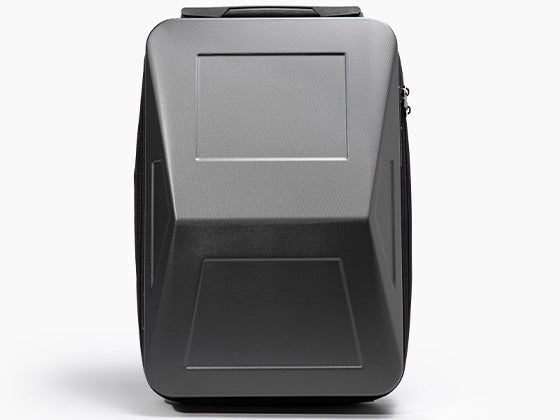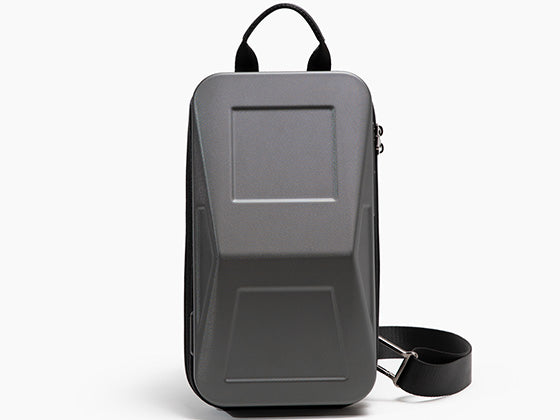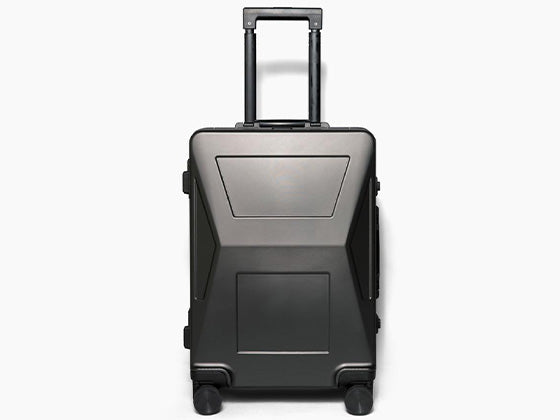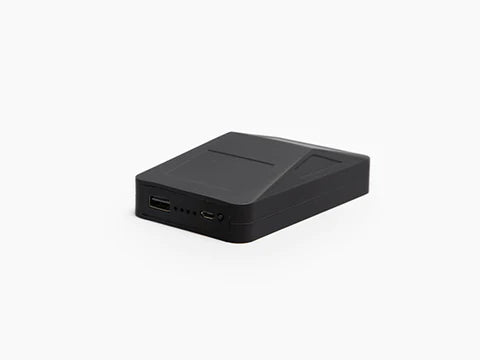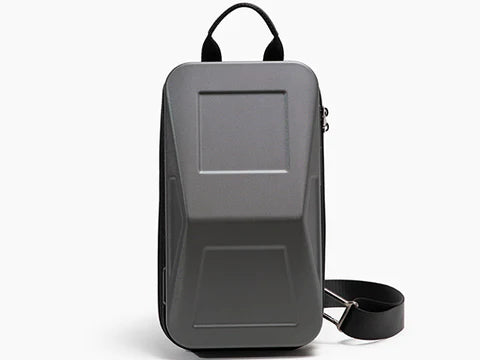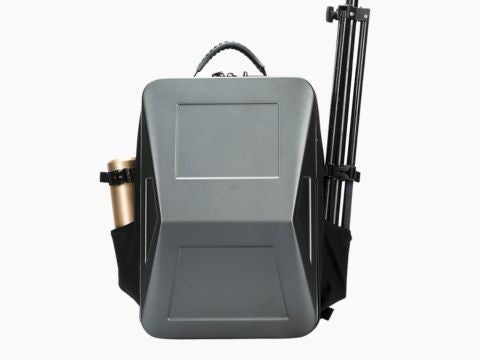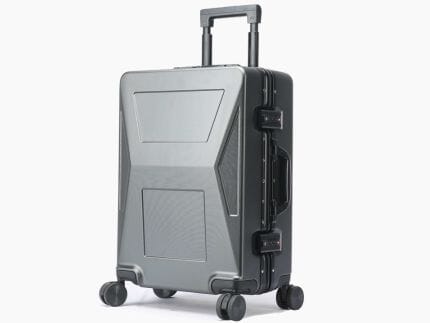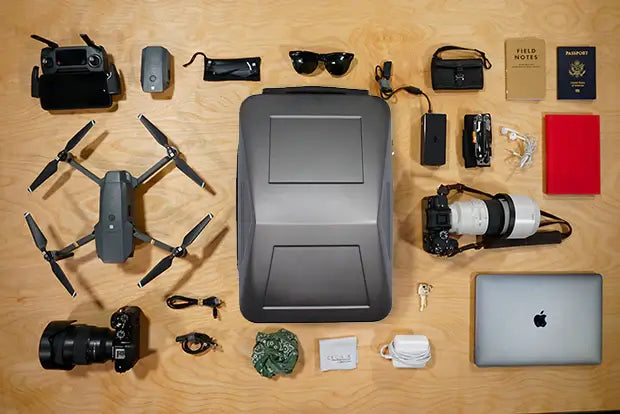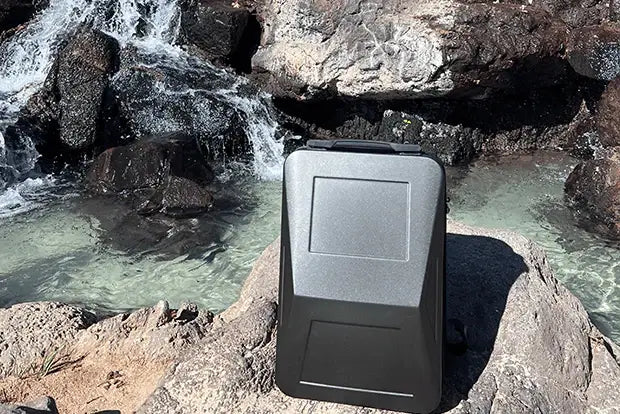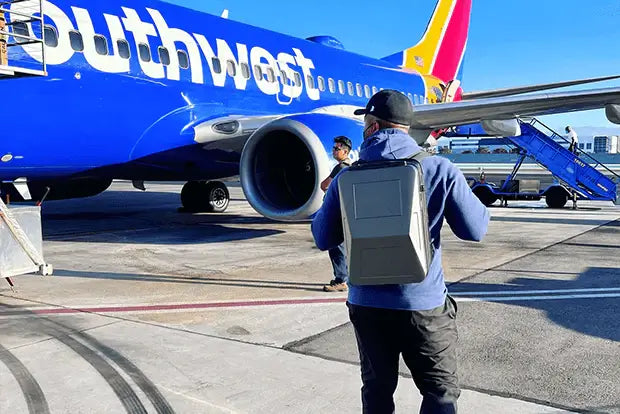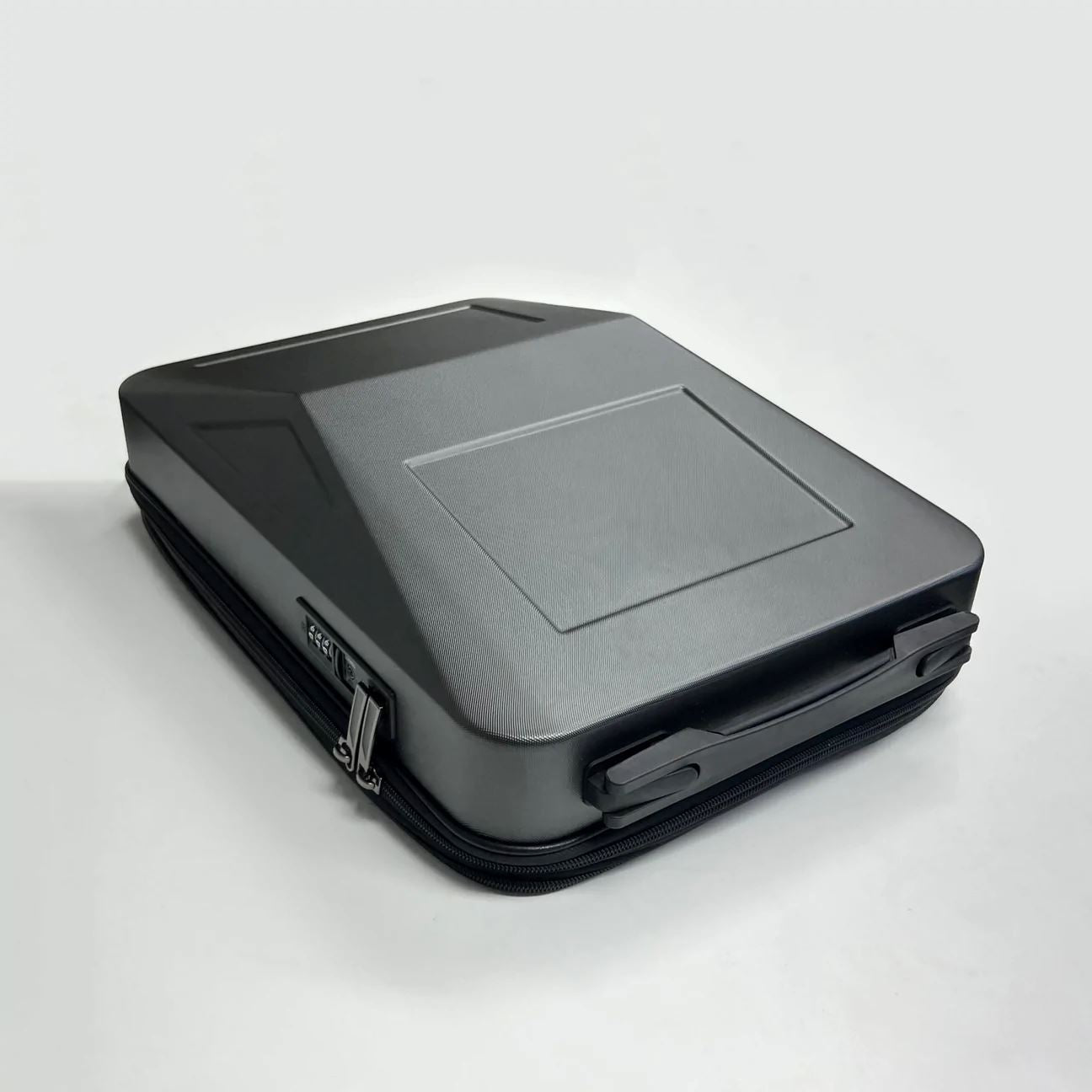How to Safely Carry a Laptop in a Backpack
If you use a laptop on a regular basis for work, you want to carry it wherever you go and keep it secure in your backpack.
However, even if you assume your laptop is safe inside your backpack, it may be damaged if you do not take the appropriate precautions.
If you follow all of the instructions listed in this article, your laptop will be fine.
Laptops are designed to resist a rather high amount of pressure; otherwise, laptops would break into people's backpacks all the time.
When carrying your laptop in a backpack, make sure you carefully place your bag down.
Here's how to carry a laptop in a backpack safely.
- Don’t Pack a Laptop in a Checked Bag
- Pack Your Laptop First
- Pack Your Chargers Separately
- Keep It in the Laptop Compartment
- Keep Sharp Objects Away From Your Laptop
- Keep your food and drinks away from your laptop.
- Avoid Carelessly Tossing Your Backpack
- Avoid Your Backpack To Bumping Against the Wall
- Avoid shaking your bag.
- Refrain From Overstuffing Your Backpack
- Put Your Laptop to Sleep or Shut It Down
1. Don’t Pack a Laptop in a Checked Bag
Just make sure to pick a backpack with a separate area for computers that has to cushion.
Although it may seem apparent, this has to be said. The luggage that has been checked is flung around, piled, scanned, and inspected. Your delicate, pricey laptop isn't made to take that type of assault.
Don't let the luggage handlers handle your laptop. Their responsibility is to load the luggage into the aircraft, not to handle your suitcase delicately. Consider purchasing a good-quality backpack for carrying your laptop safely.
2. Pack Your Laptop First

The secret to fitting a laptop in a carry-on backpack is to pack your laptop first. Prior to packing your clothing in your main compartment, pack your accessories. By arranging your belongings in this manner, you may prevent your main compartment from squeezing into the other pockets. You won't need to cram your laptop in at the last minute if you pack it first.
3. Pack Your Chargers Separately
For security checks, just the actual laptop has to be removed; the charger is not required. So avoid bringing your laptop along with your power charger. Additionally, the charger is substantial enough to protrude from most laptop pockets, placing pressure on your laptop.
Pack the charger separately to keep it out of the way. If you have fewer objects close to your laptop, it will be easier to quickly escape to security.
See Also: WHAT ARE THE BEST LAPTOP BACKPACKS FOR MEN?
4. Keep It in the Laptop Compartment
The laptop compartment exists to secure your laptop; thus, use it! A laptop backpack, unlike other types of backpacks, will include a separate compartment with additional cushioning and padding. This additional protection is meant to defend against damage caused by sudden bumps and bangs.
Always examine the laptop compartment first when purchasing a backpack. Check for appropriate padding on the front, bottom, and sides. Remember to measure as well.
5. Keep Sharp Objects Away From Your Laptop
Pencils, chargers, cables, water bottles, and other items are among the things that are intended to be kept in a bag. Not everything should, however, be placed in a single container without additional security. Particularly sharp things might cause the delicate body of your laptop to break. As a result, it's essential to organize and separate your stuff, especially if the majority of it is a laptop.
6. Keep your food and drinks away from your laptop.
Although it was said that you should separate the goods within your back using an additional layer of protection, this reasoning does not apply if the objects in issue are food and drink. Even if they are adequately sealed, their contents may leak and damage your laptop. If you have your gadget inside your bag, never put any food or drink inside.
7. Avoid Carelessly Tossing Your Backpack
It doesn't guarantee that the laptop inside your bag will be secure just because there is cloth separating it from the bed or the floor. As long as your gadget is inside, be careful and never drop your bag.
8. Avoid Your Backpack To Bumping Against the Wall
Although your bag can withstand little damage, the same cannot be said for your laptop. Never bang a backpack that contains a device against any hard surface.
9. Avoid shaking your bag.
SSDs are not always used in laptops; some still use traditional hard drives. If your device uses the former, you should avoid violently shaking your bag since the motion might result in data loss and jarring of the drive's parts.
10. Refrain From Overstuffing Your Backpack
Some backpack brands take pride in their ability to support certain weights. However, you should avoid packing too much stuff in your bag if you have a laptop inside. When your backpack is overstuffed, there could be added pressure on your device that may lead to damage. If you packed textbooks and more items along with your laptop, it would be best to buy and use a specialized computer backpack.
11. Put Your Laptop to Sleep or Shut It Down
Every device, including laptops, is susceptible to harm from overheating. Make careful to shut down or put your laptop to sleep before putting it away to prevent overheating.
Things to Put in Your Laptop Bag
What are some of the things you should put in your laptop bag?
- Power cord and brick
- Spare battery
- Mouse or digital pen
- Screen wipes and cleaner
- Laptop lock
- Removable media
- Headphones
- Office supplies
1. Power cord and brick
The majority of individuals tend to overlook this item. Always carry your laptop bag with your power cable and adaptor, sometimes known as a "brick." Just like a wall outlet, you never know when one may arrive. Make the most of it!
2. Spare battery
Put an extra battery in the luggage if the laptop is capable of using one.
- Before you go, don't forget to charge the backup battery.
- Other batteries to remember include a AAA battery for the cordless mouse, a battery for the digital pen and portable printer, and so on.
3. Mouse or digital pen
Always keep the mouse in your backpack.
- Instead of getting a wired mouse for your laptop, go wireless.
- Remember to bring your laptop's digital pen, if it has one. Keep the pen in its dock or otherwise connected to the laptop for easy digital writing.
4. Screen wipes and cleaner
Purchase some screen wipes from an office supply store. Check that they are safe for a laptop screen and that they perform correctly on a tablet PC's touchscreen. Put them in your laptop bag and keep them there.
5. Laptop lock
Don't forget about the anti-theft device on your laptop. You should probably bring it in your laptop bag, whether it's a wire that can attach to anything substantial or one of those loud, loud audio alarms.
6. Removable media
Frequently, saving your files to the laptop's main storage system is insufficient. Particularly if your laptop isn't linked to a network for simple file transmission, having a variety of options for getting that information off the computer is helpful.
- Label the thumb drives and media cards. You can keep them organized in this manner.
- Micro SD cards should be kept in their compact, plastic casings. That makes it more challenging to lose them.
- Put some optical discs (CDs or DVDs), if your laptop has one, in the bag.
7. Headphones
If you're packing a laptop, think about two different types of headphones.
The most popular headphones are those in the earbud type, which you presumably use with your cell phone.
These are suitable for a laptop, and if they include a microphone, you may use them for voice input while using Skype or another voice-based application.
The more sophisticated full-size form of headphones is a second category. This headphone, which is also known as a headset, has full-size ear cups and a separate microphone.
This headset fits nicely inside a laptop bag as well, especially if you want to Skype in a busy place or simply want a better method to listen to music.
8. Office supplies
Yes, the "paperless" era is supposed to be here. Whatever! Despite its redundant nature and its general anti-21st-century attitude, you still need a pad of paper and a writing instrument.
- Business cards are another essential accessory.
- If you're creating a presentation, have copies of it in mind, as well as some periodicals or reading material.
